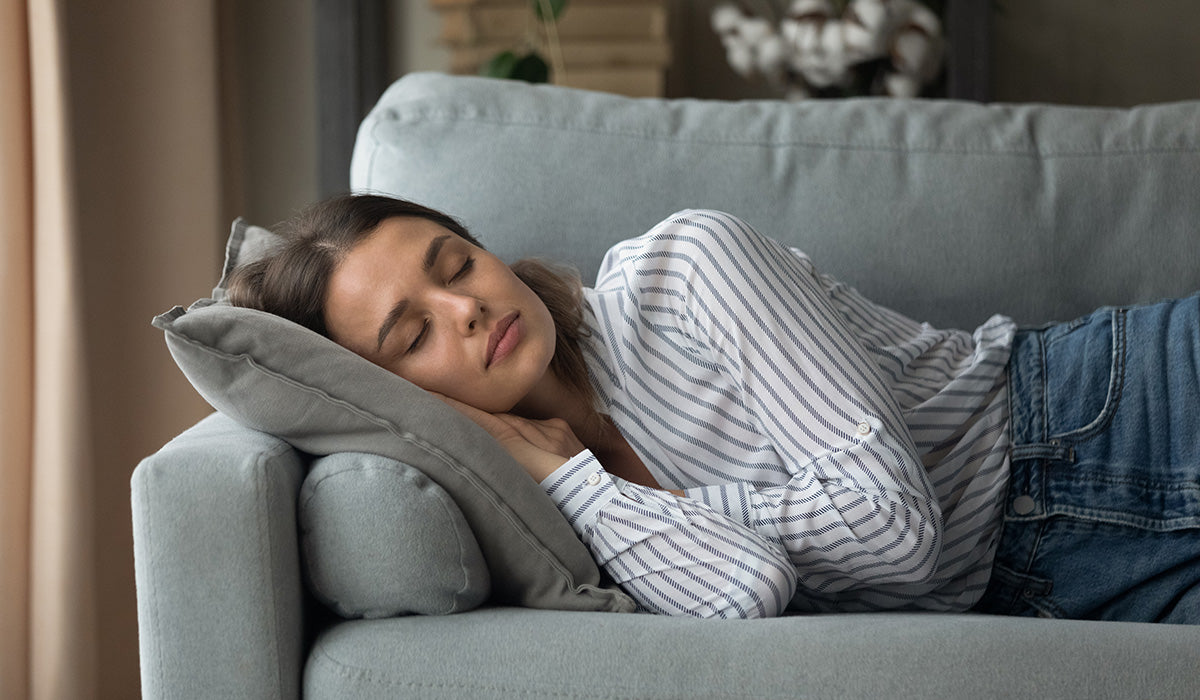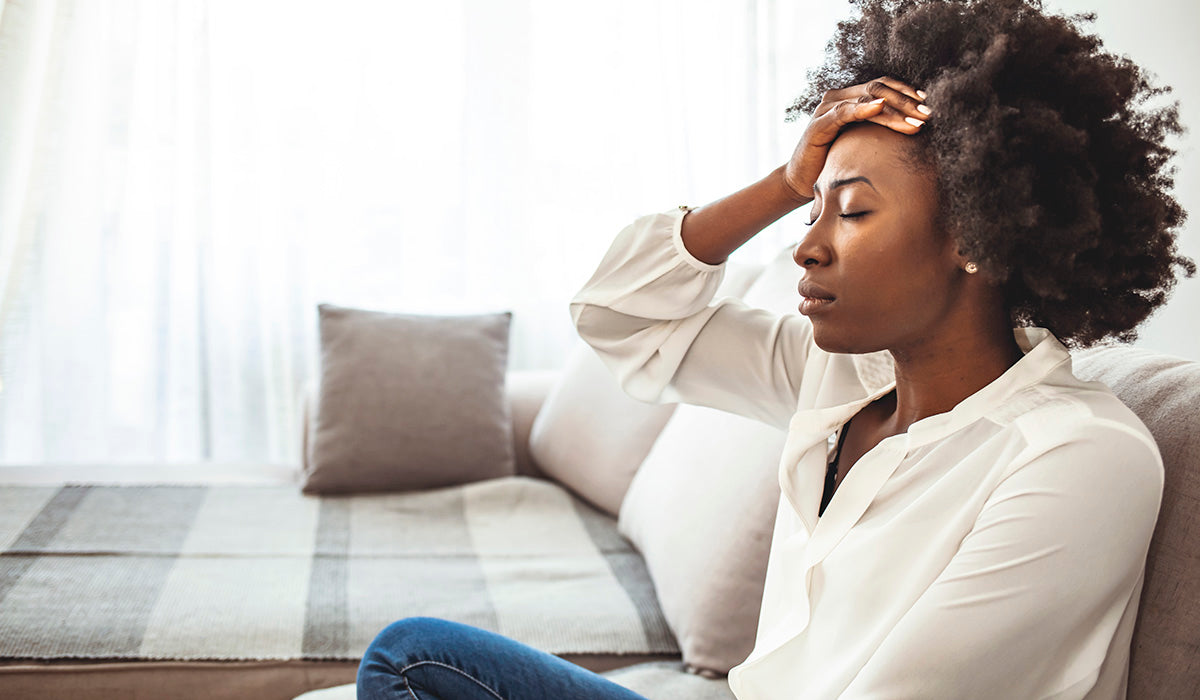Why Most Women Need Iron Supplements

MegaFood | May 2022
The fact is these days, most women need iron supplements. Iron plays a key role in the health and well-being of women and yet, according to the CDC, 1 in 10 women is at risk for an iron deficiency. Why do women need more iron? Two issues that contribute to the importance of iron for women: pregnancy and menstruation – both of which can cause an iron deficiency. Therefore iron levels are something women need to monitor with their doctors and supplement with iron when needed.
In this article, we share why women need iron supplements, the benefits of iron, and how to find a high-quality supplement.
Why Do Most Women Need Iron Supplements?
The reason many women between the ages of 19 and 50 turn to iron supplements — or a multivitamin that is formulated with iron — is because women lose blood during their menstrual cycles every month.
Taking an iron supplement, either in a multivitamin formulated with iron or on its own, might be necessary. According to Karen Raden of Raden Wellness, blood work results are the best way to determine if you are deficient. “If labs are showing iron deficiency, it could be due to not enough iron in [the] diet, monthly menstrual cycles or malabsorption of certain nutrients,” Raden explains.
Why Do Women Need More Iron Than Men?
Iron is an important mineral found in the body — typically sourced from food and/or supplements. It is a nutrient that helps with energy, combats fatigue and tiredness, while also oxygenating tissues and offering immune support, according to Raden. It is also crucial for maintaining a healthy pregnancy.
For women with menstrual cycles, additional iron might be required in order to maintain healthy iron levels. Iron also plays a role in hair growth and health, so having adequate iron levels can help with the prevention of hair loss.
Should Moms-to-Be Take Iron During Pregnancy?
The American College of Obstetrics and Gynecologists reports that pregnant women need 27 milligrams of iron per day. According to the CDC, iron deficiency anemia during pregnancy can increase the risk of preterm delivery and/or delivering a low birth weight baby. Therefore, moms-to-be should have a conversation with their doctor about whether they need an additional iron supplement or they should take a prenatal vitamin that contains additional iron. A provider will be able to recommend the best plan for mom-to-be and baby.
How Does a Woman Know if She Needs an Iron Supplement?
When determining whether or not an iron supplement is needed, there are two things to consider: labs and symptoms. “Medical practitioners should run specific labs to determine if [a] woman has iron deficiency,” says Raden. This is a routine lab test and might typically occur during or around an annual check-up.
As far as symptoms are concerned, Raden says feelings of “low energy, fatigue, hair loss [and] heavy menstrual cycles” might be indicators of low iron. Additional symptoms are dizziness and cold hands and feet. Women experiencing these symptoms should consult with a doctor and get blood work done to confirm whether or not iron levels are the culprit. Additionally, Raden says that women who follow a vegan diet should be intentional about checking their iron levels as it “may be lacking due to dietary intake.” They might benefit from an iron supplement suitable for vegans.
How Can Women Improve Their Iron Levels?
Many multivitamins formulated specifically with women in mind will include iron. However, Raden says to check on this when choosing a multivitamin, as iron might not be present in every multivitamin option. Additionally, the amount of iron included in a multivitamin is important, especially for women deficient in iron. That’s because the supplement might not include enough iron — as prescribed by a physician — and an iron supplement might be needed in addition to a multivitamin.
When choosing an iron supplement, the first thing to look for is the amount of iron provided. “Based on your labs, your medical provider will let you know how much iron you need,” says Raden. In addition, look for a formula with Vitamin C to help support the absorption of iron.
After a woman begins taking an iron supplement, she should monitor any iron deficiency symptoms, comparing them to the initial experiences. Restoring iron levels takes time, and it might be six months before low-iron symptoms diminish.


Leave a comment
This site is protected by hCaptcha and the hCaptcha Privacy Policy and Terms of Service apply.